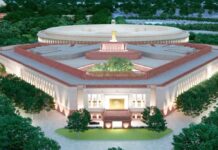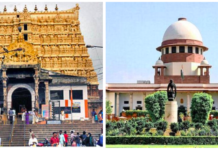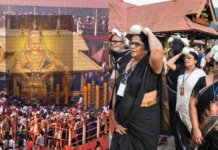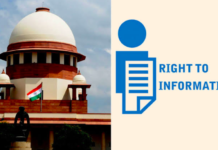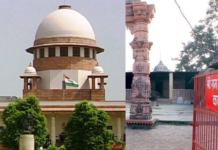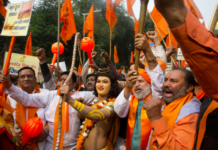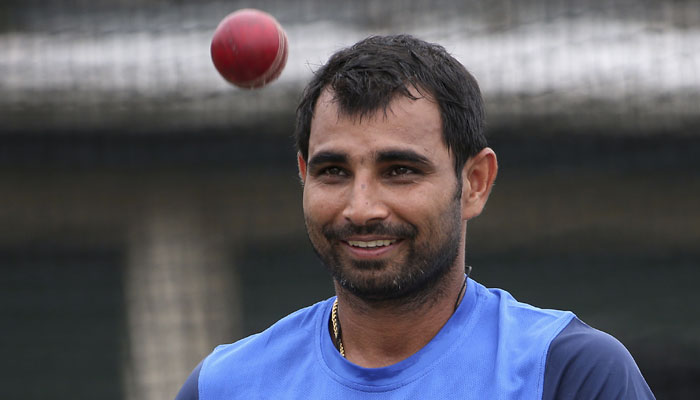The Supreme Court ruling making Privacy a Fundamental Right will put the government on the back foot and also throw up many questions.
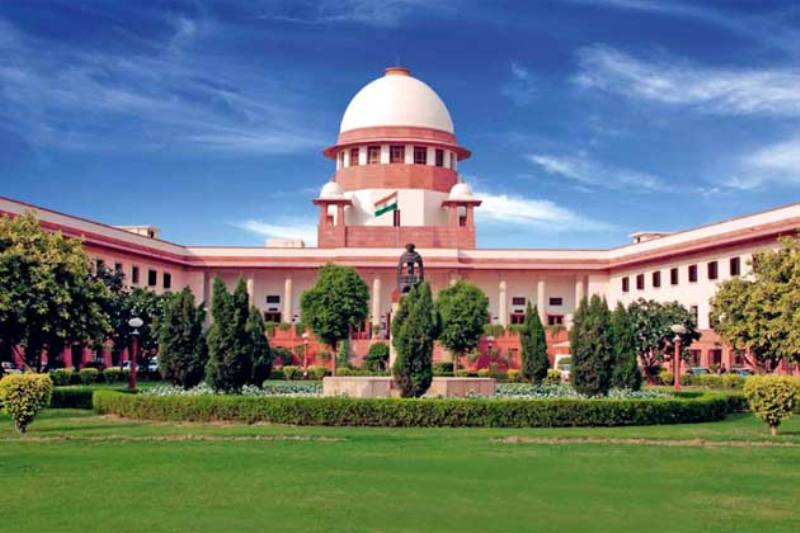
Citizens living in fear in a digital era can now breathe a little easy. The Supreme Court ruling of Thursday that individual privacy is a fundamental right under Article 21 of the Indian Constitution is both a landmark and a welcome move.
Thus, on the eve of Ganesha festival, the Supreme Court gifted the citizens of India their lost private lives and world.
The judgment has also come at the right time when our lives are open books due to the onslaught of social media, cyber snooping, cyber thefts, cyber bullying and cyber shaming.
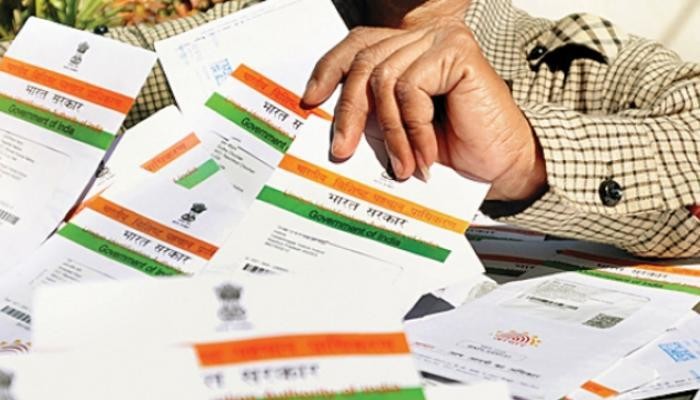
Many are living in an era of `digital fear’ due to leaking of Aadhaar details, duplicate PAN cards being issued, mobile numbers and email addresses being sold by vendors as `commodities’ and credit cards being hacked due to personal information being easily available in the market.
Now citizens can haul governments and organisations before courts if their fundamental right to privacy is violated.
Though the right of privacy was not originally enshrined under Article 21 of the Constitution guaranteeing a bunch in inviolable fundamental rights, it evolved through various judicial verdicts and remained so till Thursday as a grey and hazy patch. This is because when the Constitution was framed, right to privacy was not spelt out in black and white for the simple reason that this right was seen, construed and perceived to be an offshoot to right to life and liberty. Now there is some much-needed clarity as a bench of nine judges of the Supreme Court has ruled in favour of including the right to privacy as a fundamental right under the Constitution of India.
The right to privacy will now come under right to life and liberty. The court found that the right to privacy is also inherent in other fundamental rights. However, the validity of sharing information under Aadhaar card will be tested by another bench. And this is going to be a tough test – both for the government and the court.
The verdict could also trigger off far-reaching implications in terms of law and citizenship.
With Thursday’s ruling, the Supreme Court has overruled two earlier judgments dealing with right to privacy.
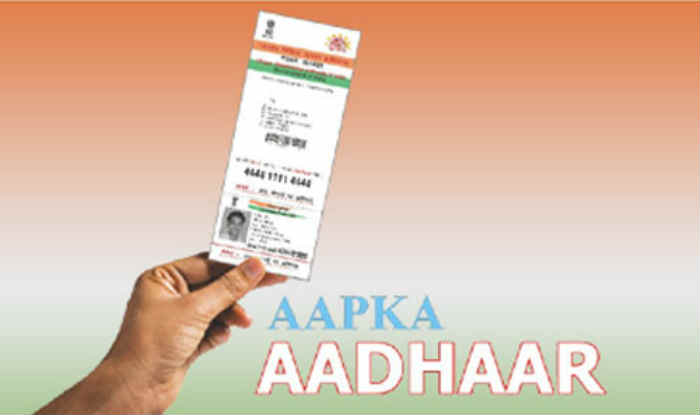
The contentious issue of privacy had emerged when the apex court was dealing with a batch of petitions challenging the Centre’s move to make Aadhaar card mandatory for availing the benefits of various social welfare schemes.
However, the present verdict could cast a shadow and have a bearing on the challenge to the validity of the Aadhaar scheme on the grounds that it is violative of the right to privacy.
According to senior counsel Prashant Bhushan, “The judgment doesn’t say anything about the right of citizens to share biometric details for Aadhaar. The nine-judge held that it is a fundamental right. Any law passed cannot infringe upon the reasonable restrictions on your right to privacy. If the government says Aadhaar will be required for travel (for example rail and air ticket purchases or bookings) and purchases, then in my view these are unreasonable restrictions… it is a setback to the government as they said right to privacy is not a ‘wholly qualified’ right.”
The verdict on Aadhar should now come under the present ruling of the 9-member constitution bench. Since it would be governed by this landmark judgment, the impending verdict could derail the world’s largest biometric identification programme that the government has been pursuing with vigour for a long while. Or, it could put in a series of restrictive clauses for the government to comply with. How tough these restrictive clauses would be is to be seen.
But many questions would crop up. For example, can the government insist on linking Aadhar to cell phones? This is because cell phones are private records and open books and can be hacked, thus infringing the right to privacy.
Even if the verdict is in favour of Aadhar, the responsibility to keep all the information of individuals secret would be the sole responsibility of the government. If there is a leak, it would be considered and an infringement on the fundamental right to privacy.
Apart from Aadhar, the Supreme Court verdict of Thursday may also influence the case challenging the new privacy policy of WhatsApp. The case is before the apex court and has challenged the Delhi High Court’s September 23, 2016 order by which it allowed WhatsApp to roll out its new privacy policy. But the social media platform was refrained from sharing the data of its users collected up to September 25, 2016, with Facebook or any other related company.
The case regarding right to privacy as being fundamental first came up before an eight-judge bench in 1954 (M P Sharma case) and six-judge bench in 1962 (Kharak Singh case).
In the M P Sharma case, the aggrieved parties had challenged the constitutional validity of conducting searches and raids on their property and their private records being taken away. But the eight-judge bench ruled: “…a power of search and seizure is, in any system of jurisprudence, an overriding power of the State for the protection of social security and that power is necessarily regulated by law.”
In the second case in 1962, the petitioner challenged the constitutional validity of Chapter XX of the Uttar Pradesh Police Regulations, which allowed authorities to open a “history sheet” against him, despite lack of evidence, and bring him under “surveillance”. In this case too, the six-judge bench had held that “the right of privacy is not a guaranteed right under our Constitution, and therefore the attempt to ascertain the movements of an individual is merely a manner in which privacy is invaded and is not an infringement of a fundamental right guaranteed in Part III (fundamental rights)”.
Thursday’s verdict of the Supreme Court has overruled these two judgments. Hence, would police and income tax raids be construed as an infringement of the right to privacy if such raids suffer from procedural flaws – which they often do? Would this not curtail the powers of law-enforcing agencies?
The right to privacy could also be effectively used against political vendetta – when cases are falsely initiated to settle scores.
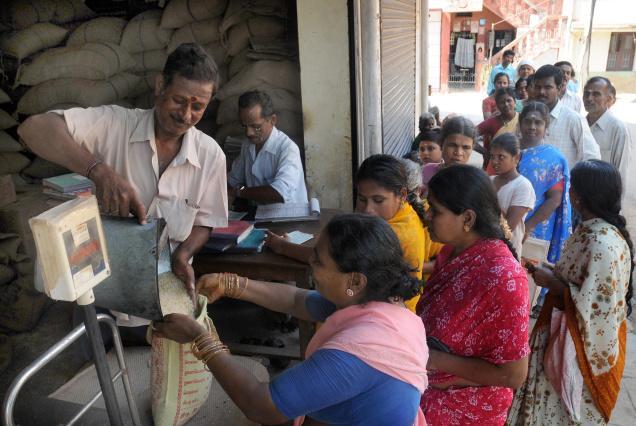
It should be seen if a person’s right to privacy is violated by mischief mongers on the social media platforms, can the new fundamental right be put into play. Common understanding to the verdict says yes. It that is the case, would the courts hold social media apps too responsible, apart from the one who put out the message?
What happens if you unknowingly forward a message that infringes on the privacy of an individual? Would you be part of the crime and would you also be legally held responsible for violating the fundamental right to privacy? If the answers are yes, then the law-enforcing agencies would become more powerful while also being over-burdened with cases.
However, basic to all this is that fundamental rights are guaranteed by the state apparatus, in other words, the government. Hence, the government would have to prosecute the offenders.
But the Modi government had taken the stand privacy was not fundamental right and at best it is a “vague and amorphous” right which cannot be granted primacy to deprive poor people of their rights to life, food and shelter.
In fact, the Attorney General of India had contended that right to privacy does not and cannot fall in the bracket of fundamental rights because there were binding decisions of larger benches that it was only a common law right evolved through judicial decisions and not through the Constitution.
What needs to be flagged here is that the Constitution of India is a living and evolving document. Except for the basic structure of the Constitution, the `sacred’ book that governs our country’s democratic framework is flexible and should evolve with changing times and circumstances.
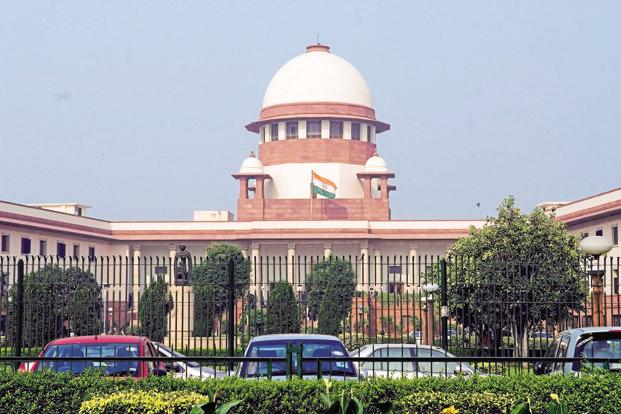
That is what the nine-judge bench of the Supreme Court on Thursday upheld in essence while deciding on the right to privacy as a fundamental right under the Constitution. The learned judges observed that privacy is intrinsic to freedom of life and personal liberty guaranteed under Article 21 of the Constitution.
The bench was headed by Chief Justice of India J S Khehar, comprised Justices J Chelameswar, S A Bobde, R K Agrawal, R F Nariman, A M Sapre, D Y Chandrachud, S K Kaul and S Abdul Nazeer.
The matter on whether right to privacy can be considered as a fundamental right under the Constitution was referred to a constitution bench by a five-judge bench hearing a clutch of petitions challenging the Aadhaar Act.
This question of whether the right to privacy is a fundamental right was first raised in the apex court before a three-judge bench. A batch of petitioners had challenged the Centre’s move to make Aadhaar mandatory to benefit from social and welfare schemes. The three-judge bench had referred the case to a larger bench on July 7, which was set up by the CJI. The five-judge Constitution bench had on July 18 decided to refer the matter to a nine-judge bench.
The Centre argued that privacy being a “wholly qualified” fundamental right, it would be subject to reasonable restrictions, just like other fundamental rights. Attorney General K K Venugopal said, “Since the right to privacy consists of diverse aspects and is a sub-species of the right to liberty, every aspect of sub-species will not qualify as a fundamental right”.
However, Senior counsel Gopal Subramanium, who argued for declaring privacy a fundamental right, had said, “…privacy was embedded in the expressions liberty and dignity as appearing in the Preamble to the Constitution. Liberty is inalienable… all choices are a part of the exercise of liberty… humans cannot exist without liberty… liberty is heart and soul of the Constitution.”
The heart of the Constitution has just grown larger and is beating with the present times and tunes.































